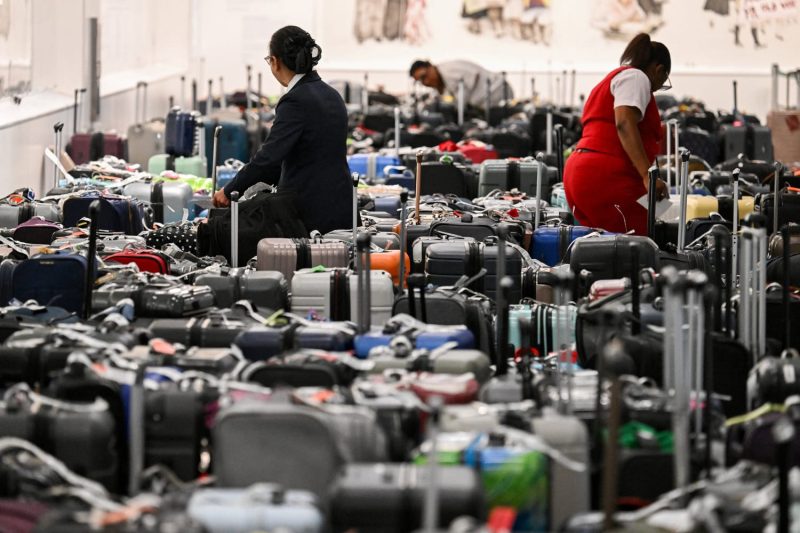The recent outage experienced by CrowdStrike has had significant repercussions, particularly for its client Delta. The disruption, which was allegedly caused by a misconfigured security setting, resulted in chaos for Delta Airlines and led to losses amounting to a whopping $550 million. This unfortunate incident serves as a stark reminder of the critical role that cybersecurity plays in the modern business landscape and the potential consequences of technological failures.
The impact of the CrowdStrike outage on Delta Airlines was immediate and severe. With key systems and processes compromised, the airline was forced to ground hundreds of flights, leading to widespread confusion and inconvenience for passengers. Flight schedules were disrupted, causing delays and cancellations, and the airline’s operations were thrown into disarray. The financial implications of these disruptions were significant, with Delta estimating its losses at $550 million as a result of the outage.
The outage also raised questions about the robustness of CrowdStrike’s security measures and its ability to prevent and respond to such incidents effectively. While the company has since identified the cause of the disruption and taken steps to rectify the issue, the damage had already been done. The incident served as a wake-up call for both CrowdStrike and its clients, highlighting the need for continuous monitoring, testing, and updating of security protocols to safeguard against potential vulnerabilities.
Furthermore, the CrowdStrike outage underscores the interconnected nature of the modern business world. A disruption at one point in the supply chain can have far-reaching effects on numerous stakeholders. In the case of Delta Airlines, the outage not only impacted its own operations but also had ripple effects on passengers, employees, suppliers, and partners. This interconnectedness highlights the importance of robust cybersecurity measures not only within individual organizations but across the entire ecosystem.
In response to the outage, Delta Airlines has vowed to conduct a thorough review of its cybersecurity protocols and practices to prevent similar incidents in the future. The airline is considering diversifying its cybersecurity solutions and implementing redundant systems to minimize the risk of a single point of failure. This proactive approach is commendable and serves as a model for other organizations looking to enhance their cybersecurity posture in an increasingly digitized world.
In conclusion, the CrowdStrike outage and its aftermath serve as a stark reminder of the critical importance of cybersecurity in today’s business landscape. The incident highlights the potential consequences of security breaches and technological failures, underscoring the need for organizations to prioritize cybersecurity as a fundamental aspect of their operations. By learning from this unfortunate incident and taking proactive measures to strengthen their security posture, organizations can better protect themselves and their stakeholders from the impact of cyber threats.
